The Core Observances Of Passover
Revised 6 April 2022
"Lest your minds be corrupted (fermented, spoiled) from the simplicity that is in Messiah." - 2Corinthians 11:3
Yeshua, our Messiah, modeled for us a way of looking at the commandments of God in the Torah that engaged with their main intentions and avoided diversionary additions from entirely human sources. As Passover begins today just before sundown – I seek to offer in that spirit from my four decades of study and observation of observance all across the planet – the few simple essentials of a Scriptural Passover, for any utility any reader might find in them. My main intent is to offer what help possible for observing the heart of Passover, rather than getting wrapped up in human decorations of thought or practice heaped upon it in the last three millennia. The Presently Observable Commandments of Pesach are:
Start the Seder before sundown moves the date from the 14th of Nisan to the 15th.
Before the Seder starts, make sure all "chametz" (active fermentation) and "se'or" (spoilage or rottenness) are gone from our dwellings so "none is seen." No rotted food (any visible mold, or present manifest mold like in yogurt with its active/living cultures of yeast) should remain; nor any food or other products manifestly rotten (like kimchi or miso) can be kept in homes or eaten during Passover. Things that are "mevushal" (pasteurized or boiled), even if made with fermentation, need not be discarded. Most vinegars or foods with vinegar (like ketchup) and virtually all distilled drinks are pasteurized or made in high heat processes like distilling, which kill all yeast and other organisms; and in distilled liquors, the after-product is alcohol (a natural anti-bacterial agent) – so these items also not need to be discarded. The Talmudic "Five Species" grains and kitniot (legumes) and are an extreme rabbinic contrivance, discarding food that might possibly develop microscopic spores on them. The commandment about leaven concerns itself with all "chamtez" and "se'or" spoilage, that "it shall not be seen in all your dwellings." The word "seen" is not there for no reason. It deals with spoilage we can SEE. Possible presence of unseen and even microscopic spoilage can't be the point – because it is always present in every home on many surfaces and can't be eliminated. We pray "bitul chametz" regarding the chametz we can't see. God is concerned only with what we can see. Then, there is the matzah (flatness) issue.
Matzah means "flat" – we are not to eat products that are "raised" in any sense that bread would be raised with yeast: we eat "flats" (matzot) for seven days. Raised things that evoke bread should not be made or purchased, even if they can be raised with non-rotting agents. Flatness as it regards bread and bread-similar foods, should be preserved.
Tradition soundly advises that if lamb is eaten for dinner, it should not be the whole lamb, or be served in any way is similar to an attempt to practice the actual pesach sacrifice as described in the Torah, in the era without the existence of the Temple. Unleavened bread and bitter herbs should be included in the meal.
The entire feast of Passover is totally synonymous with "The Feast Of Matzah" – it lasts seven days. The only genuinely Scriptural sense in which eight days are involved is that the seder begins before sundown starting the 15th of Nisan, thus involved for a brief interval, the 14th of Nisan. The 7th day of Passover ends at sundown ending the 21st of Nisan. That sundown begins the 22nd of Nisan – an eighth day. This year, the seder starts today, Friday April 15, 2022 before sundown, still 14 Nisan. The meal is eaten "between the evenings" 15 Nisan begins at sundown: the seven days of Unleavened (Matzah) begins with that sundown – and proceeds Nisan 15, 16, 17, 18, 19, 20, 21 (Friday, April 22nd) At sundown on Friday, April 22, 2022, Biblical Passover, the “7 Days of Unleavened” ends (Lev. 12:18): and an actual Friday evening Erev Shabbat begins.
Don't do your vocational work on the 1st and last days of Passover, and have a holy assembly. Sat April 4 and 11 and both actual Shabbats this year, so this is not a hard mitzvah to follow. :-)
We are to tell the story of the Exodus rescue from Egypt: especially if there are children present who should be inculcated with its facts and meanings.
Yeshua the Messiah commanded us who believe in Him to include the items in the Seder about which He said, "Do this in remembrance of Me." The Cup of Redemption and The Afikomen are done for this reason, and in that spirit of observance.
All the above is to be practiced in a suitable balance of reverence and joy.It is good not to be a slave!It is better to be crossing desert than to be a slave of an abusively insane society.It is best for Jews to exist in what Scripture calls "our folds" (Jer. 23:3, Hos. 3:4-5) Jewish identity. (Jer. 31:35-37). Jewish congregations (Heb. 10:25). Jewish nation-hood. (Ezek, 36:18-24)It is beyond wonderful that "Messiah, our Passover, has been sacrificed for us!" (1Cor. 5:7) Our exit from bondage has been given as a gift to us!The first words that follow (in 1Cor. 5:8) are, "So, let's celebrate the feast!"Indeed! Hag Sameakh! Happy Holiday (of Passover) to all!Rabbi Bruce14 Nisan 5775 • April 3, 2015P.S. - An expanded "User-Friendly Guide To Biblical Passover Observance" can be found in this Blog at the above live-link - or you can cut and past the following URL into your browser. http://www.bethelnyc.org/blog/page/2. Enjoy!- R'BC
